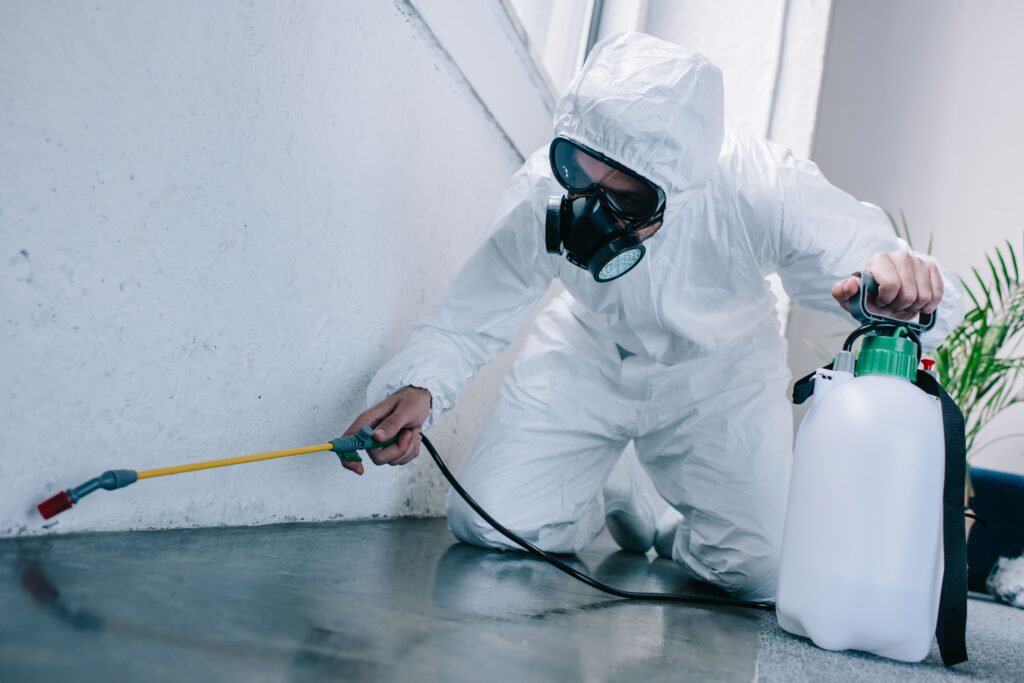Rental agreements tend to be quite complex and detailed, despite this there are still, quite often grey areas where no-one is really sure who is responsible for what. One of these areas is pest control. Exactly who is responsible for keeping the mice out of the garage or sorting that bee’s nest in the loft? In this article we will tackle pest control and find out exactly who is responsible for what.

Pest Before a Tenancy Begins
The simplest scenario to look at is a potential pest issue before a new tenant moves in. This is very clear cut; it is the responsibility of the landlord to make sure that the infestation is dealt with. Just as important, the landlord should also deal with the reason why the pest issue started in the first place. For example, if there is a build up of refuse which is attracting rats or gaps in windows or doors where mice can get through. Whatever the reason for the pest issue, it would need to be rectified by the landlord before the tenancy begins and preventative measures should be made to reduce the risk of a repeat infestation.
Mid-Tenancy Pest Issues
Once the tenancy has begun, however, things can get a little more unclear. This is simply because the responsibility to rectify pest issues will lie with the person who caused it to happen.
Looking at a few examples:
- If there is an issue with a door and there is a crack in the frame which a tenant does not report to the landlord which allows mice to enter the property, then it is most likely that the tenant would be responsible for sorting out the problem as they essentially allowed it to happen by not giving the landlord the opportunity to repair the issue with the door.
- If a tenant allows rubbish to accumulate outside or allows food debris to accumulate internally which attracts vermin, then again, the tenant would be required to sort the pest problem as their behaviour caused it in the first place.
- If the landlord does not maintain the property (did you know mice can gain entry in a gap as small as the thickness of a pencil?) or does not provide adequate provisions for waste disposal and this leads to a pest issue, then it is most likely that the landlord would need to deal with the infestation.
Call in the Experts
Pest control can be tricky, simply because it can be difficult to decide how the infestation was caused. Landlords should take steps when maintaining their properties to ensure that any entrance points for pests are dealt with in a timely manner and this will minimise the potential for an infestation. It could be worth asking a professional pest control company to carry out a survey to define any potential risk areas.
In the case of an infestation, where there is no clear cause, it would also make sense to bring in a professional service provider to investigate and determine the cause, this will help to decide who should deal with the remediation.
Landlords should also consider putting in clauses in the tenancy agreement which make it as clear as possible what they would be liable for and what the tenant is responsible for. This will minimise confusion.
The most important thing is to get an infestation sorted as quickly as possible to give the tenant a healthy home environment to live in and to prevent any further damage to your property. Please note that the advice given in this article is meant as a guide and should not be relied upon in place of specific expert advice.






